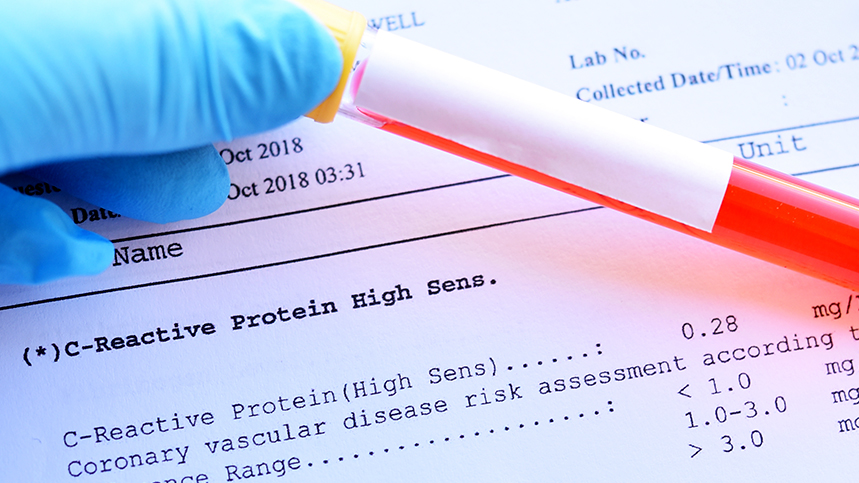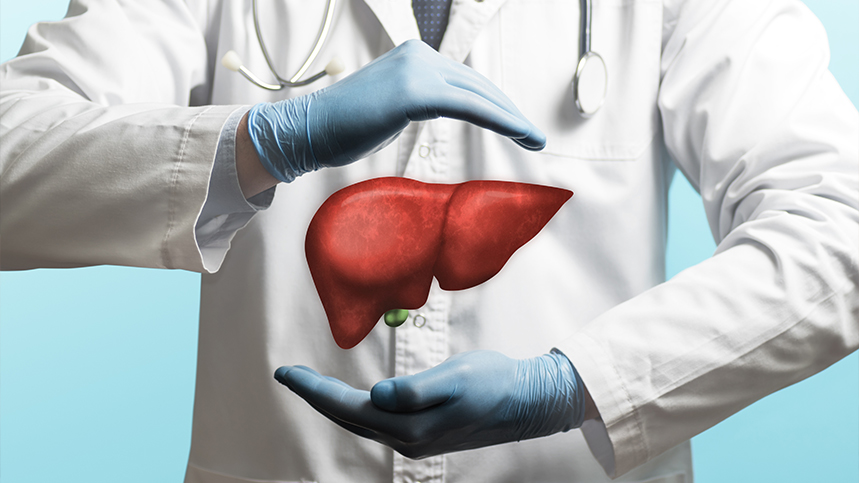Cardiac biomarkers are important diagnostic tools used to detect and monitor heart disease. As heart disease continues to be a leading cause of death globally, understanding cardiac biomarkers and their significance in the diagnosis and treatment of heart disease is crucial.
What are cardiac biomarkers?
Biomarkers are biological substances that can be measured to indicate normal or abnormal physiological processes or pharmacological responses to a therapeutic intervention. Cardiac biomarkers, in particular, are substances or proteins found in the blood or urine that can indicate heart disease or damage. These biomarkers are often released into the bloodstream when the heart is stressed or damaged, which is why measuring cardiac biomarkers can help diagnose heart disease and monitor treatment progress.
How are cardiac biomarkers used in the diagnosis and treatment of heart disease?
Cardiac biomarkers are used in a variety of ways to diagnose and treat heart disease. For example, when a patient presents with chest pain, measuring cardiac biomarkers like troponin can help rule out or confirm a heart attack. When patients are admitted to the hospital for heart failure, measuring biomarkers like BNP can help determine the severity of heart failure and guide treatment decisions.
There are many different types of cardiac biomarkers, each with their own uses and significance. Some biomarkers can help predict future cardiovascular events, while others can help monitor treatment progress or guide treatment decisions. It’s important to understand the different types of cardiac biomarkers and their significance for specific heart conditions.
The significance of different types of cardiac biomarkers
- Troponin is one of the most important biomarkers for diagnosing and monitoring heart attacks. High levels of troponin in the blood can indicate damage to the heart muscle.
- BNP (B-type natriuretic peptide) is a biomarker used to diagnose and monitor heart failure. High levels of BNP can indicate fluid buildup in the lungs and other symptoms of heart failure.
- CRP (C-reactive protein) is a biomarker that can indicate inflammation in the body, which can contribute to heart disease. High levels of CRP can indicate an increased risk of cardiovascular events.
- Lipoprotein-associated phospholipase A2 (Lp-PLA2) is a biomarker that can indicate an increased risk of cardiovascular events, such as heart attack or stroke. High levels of Lp-PLA2 can suggest the presence of plaque buildup in the arteries.
Conclusion
In conclusion, cardiac biomarkers are important diagnostic tools used to detect and monitor heart disease. There are many different types of biomarkers, each with their own uses and significance. By understanding these biomarkers and their significance, healthcare providers can better diagnose and treat heart disease, ultimately leading to better patient outcomes. If you have any concerns about your heart health, please speak with your healthcare provider.










